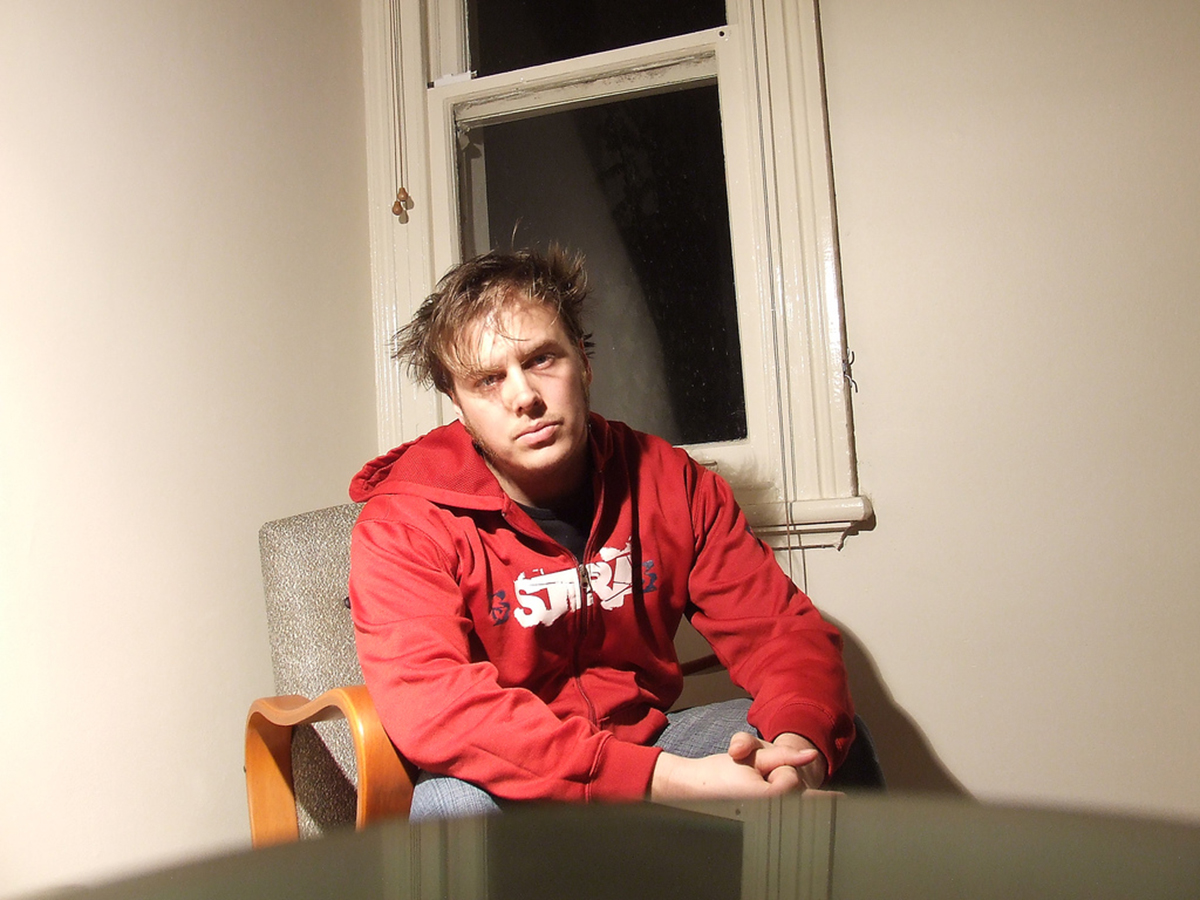Table of Contents
Way back in 2009, the journal Science published a paper that suggested a link beterren CFS and a mouse virus. (Source: WSJ.) The paper was withdrawn when other teams failed to replicate the results.
CFS was as much in the dark as ever. Until now.

Earlier this year, a team of Norwegian researchers ran a trial in which they asked CFS sufferers to take a drug that's normally used to knock down white blood cell counts in people with lymphoma and rheumatoid arthritis. Two thirds of the people who took it experienced major remission of CFS symptoms.
What does major remission of CFS look like?
Essentially, it's like coming back to life, says one sufferer.
"Karen" (not her real name) told interviewers: "I got an effect quite early on. I was suddenly getting bursts of energy for maybe a half-hour or so. Then gradually I felt better. Suddenly, it was okay to keep my body upright. I restarted my master’s degree and did it in half a year – I got an A. Then I started working full time. I was completely revitalized. Suddenly, I could be sociable again. I would go to work, go home, eat dinner and feel restless."
And what seems like a normal life for those of us lucky enough not to have the disease, like working and spending an evening with friends, is unimaginable freedom. So how did a drug designed to reduce white cell count break "Karen" out of the prison of CFS, and what hope does it offer to other sufferers?
The drug is called rituximab, and it's normally used to treat lymphoma, targeting the beta cells, which are the specific type of white blood cells responsible for making antibodies. In 2004, at Bergen's Haukeland University Hospital, clinicians Østein Fluge and Olav Mella were using it to treat a patient who had lymphoma... and CFS. While the rituximab had its expected effects on the patient's lymphoma, her CFS also went into remission. A few months later she had no CFS symptoms at all. Compared with other CFS treatment options,that was amazing. Curious, they put together a small, 29-person trial.
The Trial
Of the 29 participants, 11 were given a placebo and 18 rituximab. Of the 18 people who took the real drug, 11 experienced remission, in many cases complete remission. And it lasted for years. Some rituximab-medicated CFS sufferers have been entirely symptom-free for years.
"Eleven of the 18 responders were still in remission three years after beginning the treatment, and some have now had no symptoms for five years," says Østein Fluge, who helped design the study.
Here's How They Think It Works
First, a virus infects you. You produce antibodies to fight the virus off. But then those same antibodies go to work, attacking your blood vessels and damaging the system that transports cellular waste, inlcuding lactate, away from your muscles. That would explain why CFS sufferes have all the symptoms of extreme muscular exertion (through the aerobic pathway) even when they haven't done anything.
There's strong circumstantial evidence to back up this idea. Sufferers given a single dose of rituximab got better over a period of about four months — the time it takes to clear out existing antibodies from the body after the beta cells have stopped making them. Then they typically stayed asymptomatic for a year or so before gradually relapsing. And that's about the time it takes to rebuild the beta cell population. Finally, people who were given repeated infusions of rituximab got better, and then didn't relapse.
As Dr Nancy Klimas, who works on CFS at Nova Southeastern University in Fort Lauderdale, Florida, says: "I am very intrigued by the rituximab story. It’s particularly exciting when people seem to have experienced very long periods of remission, and even speak of recovery."
READ Feeling Fatigued? Adults Need Bedtime Routines Too, And Here's Why
A larger trial is in the works and rituximab could be coming to a clinic near you soon.
- Photo courtesy of chacrebleu via Flickr: www.flickr.com/photos/charlottemarillet/2243651704
- Photo courtesy of Lachlan Hardy via Flickr: www.flickr.com/photos/lachlanhardy/506411075
- "New Hope in Fatigue Fight," Wall Street Journal, http://www.wsj.com/articles/SB10001424052748703846604575447744076968322 "Antibody wipeout found to relieve chronic fatigue syndrome," New Scientist, https://www.newscientist.com/article/dn27813-antibody-wipeout-found-to-relieve-chronic-fatigue-syndrome/ "Chronic fatigue breakthrough offers hope for millions," New Scientist, https://www.newscientist.com/article/mg22730283-000-chronic-fatigue-breakthrough-offers-hope-for-millions/ "Cancer drug relieves chronic fatigue symptoms in early trials," ScienceAlert.com, http://www.sciencealert.com/new-drug-relieves-chronic-fatigue-symptoms-in-early-trials "‘Robust’ Evidence Found That Chronic Fatigue Syndrome Is a Physical Illness," Healthline, http://www.healthline.com/health-news/evidence-found-that-chronic-fatigue-is-a-physical-illness-022715#1


Your thoughts on this